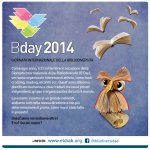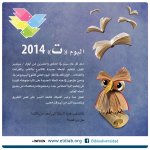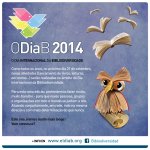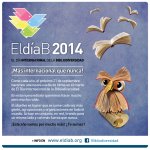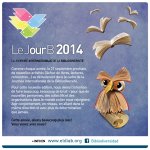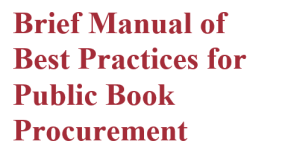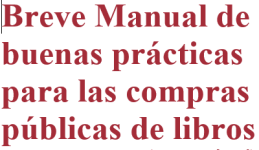62 independent publishers from 38 countries in Latin America, Africa, Asia and Europe are gathering in Cape Town (South Africa) from 18 to 21 September for a unique inter-linguistic and inter-cultural meeting on bibliodiversity! Booksellers, librarians, academics, authors and players in the digital arena are also associated with this event.
Held under the patronage of UNESCO, the Cape Town meeting closes the International Assembly of Independent Publishers, consisting of 7 preparatory workshops between 2012 and 2014.
Alternating between plenary meetings that are open to the public and thematic workshops, the publishers gathered at the Cape Town meeting will propose recommendations and concrete tools for bibliodiversity addressed to public authorities, institutions and professional collectives. To ensure continuity between the preparatory workshops and the Assembly’s closing meeting, thematic working groups have been actively preparing the Cape Town meetings for months.
Round tables and discussions organised in partnership with the Open Book Festival will also be held on 20 and 21 September to celebrate the International Bibliodiversity Day in Cape Town.
Finally, the International Committee of Independent Publishers (ICIP) is meeting on 22 September to take stock of these four days, and to work on implementing the new directions and projects of the Alliance in the years to come.
We are very much looking forward to welcoming you to Cape Town in a few weeks!
To participate in the Cape Town meeting and/or to receive the recommendations resulting from the International Assembly of Independent Publishers, write to the team of the Alliance: equipe@alliance-editeurs.org
The Cape Town meeting takes place in three languages (English, French and Spanish). The entire programme (presentations in plenary, choice of thematic workshops, round tables with the Open Book Festival) was put together collectively by the participants. Moreover, the publishers also helped raise the funds necessary to hold this meeting, which could not have been achieved without the cooperation of our local partners (Jacana Media, French Institute of South Africa, Alliance française, Open Book Festival, Modjaji Books, National Library of South Africa and Goethe Institut).



















